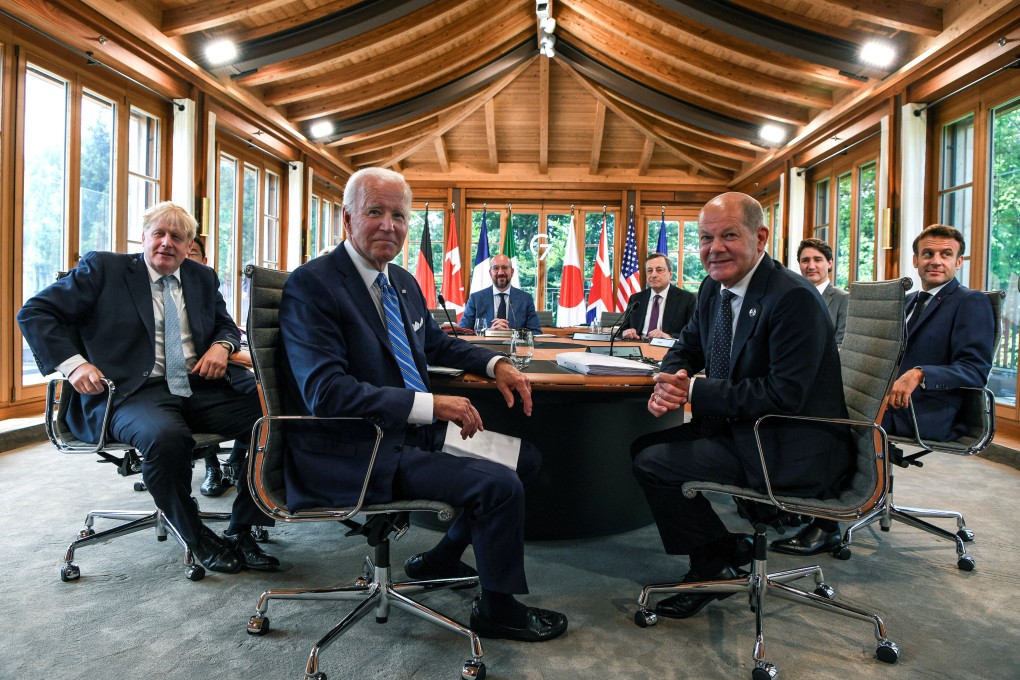Opinion | Whose world? What order? Time has passed for the West to call the shots
- Nato has assumed the role of final arbiter of the ‘rules-based order’ but in today’s multipolar world, BRICS and other nations in the Global South may have other ideas: what if they want their own Monroe Doctrine?

Every day, we are told we must defend the rules-based order. But whose order? What rules? Why should we defend a system if we had no say in shaping it?
The primary architect of the neoliberal order was Austrian philosopher Friedrich Hayek (1899-1992). Neoliberalism was put into practice in the 1980s, when US president Ronald Reagan and British prime minister Margaret Thatcher swept away Keynesian state interventionism to pursue a free-market model.
I only became aware of his work when Noema magazine wrote an editorial on his 1950 book Nomos of the Earth. Schmitt is controversial because he essentially wrote the legal basis for Nazism in the 1920s, which left him ostracised from academic circles for decades.
A brutally realist thinker who explored the legal foundations of European political theory, he argued that no order can function without a sovereign authority.
Schmitt is considered an authoritarian supporter because he saw sovereign power as resting ultimately in the executive (rather than the legislature or judiciary) – because the sovereign (that is, the president) decides in exceptional situations where the law must be suspended or emergency powers assumed to restore order.
